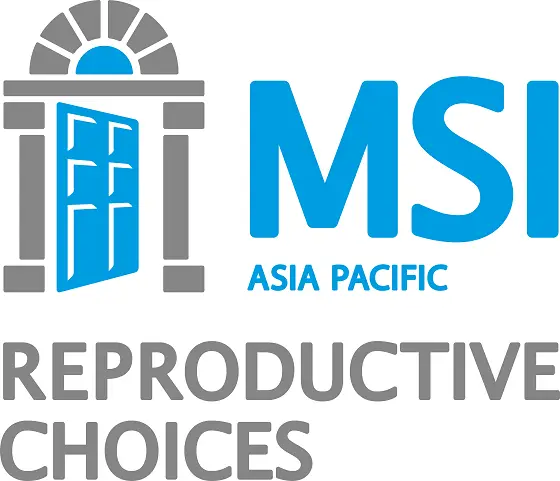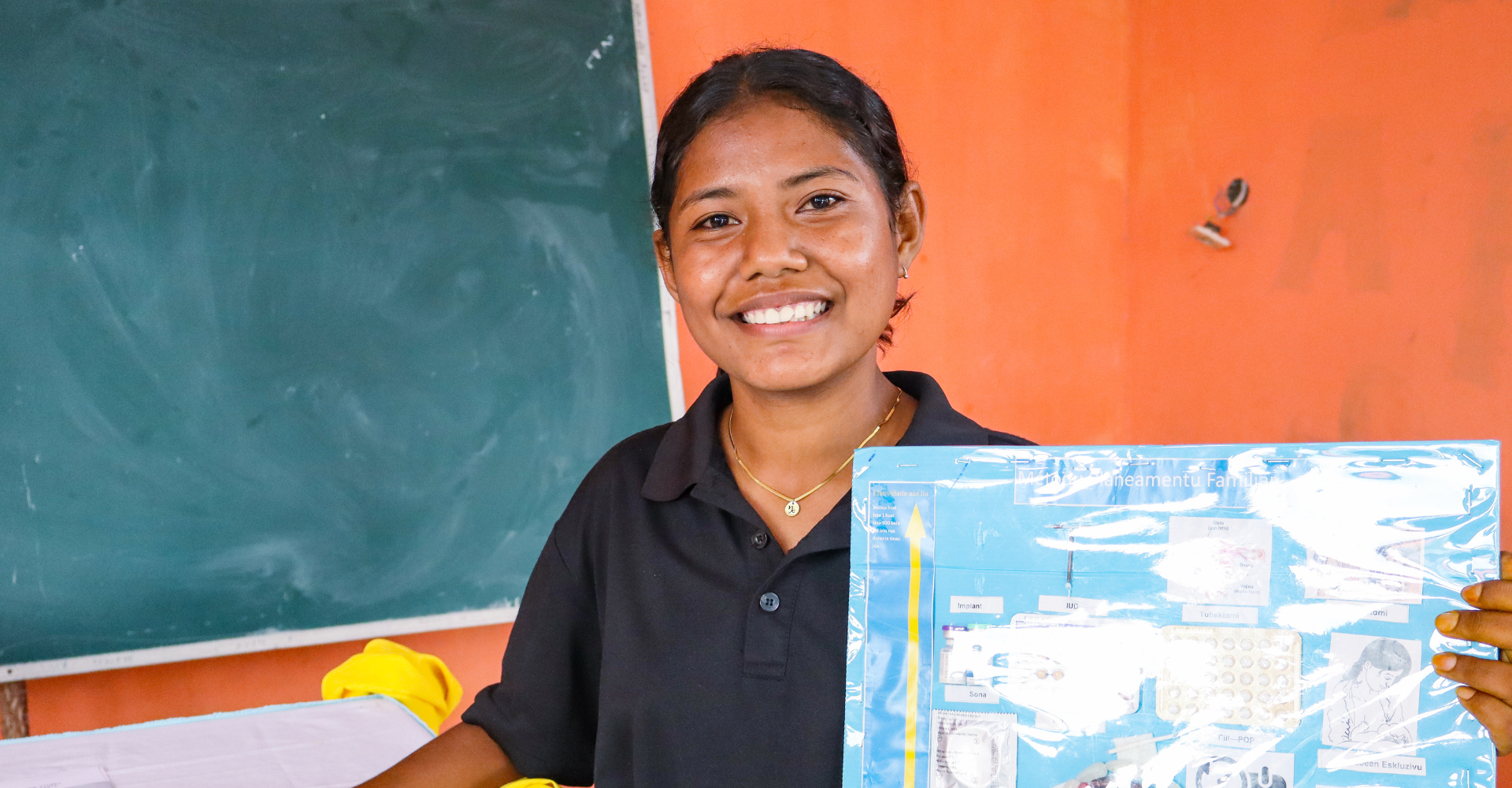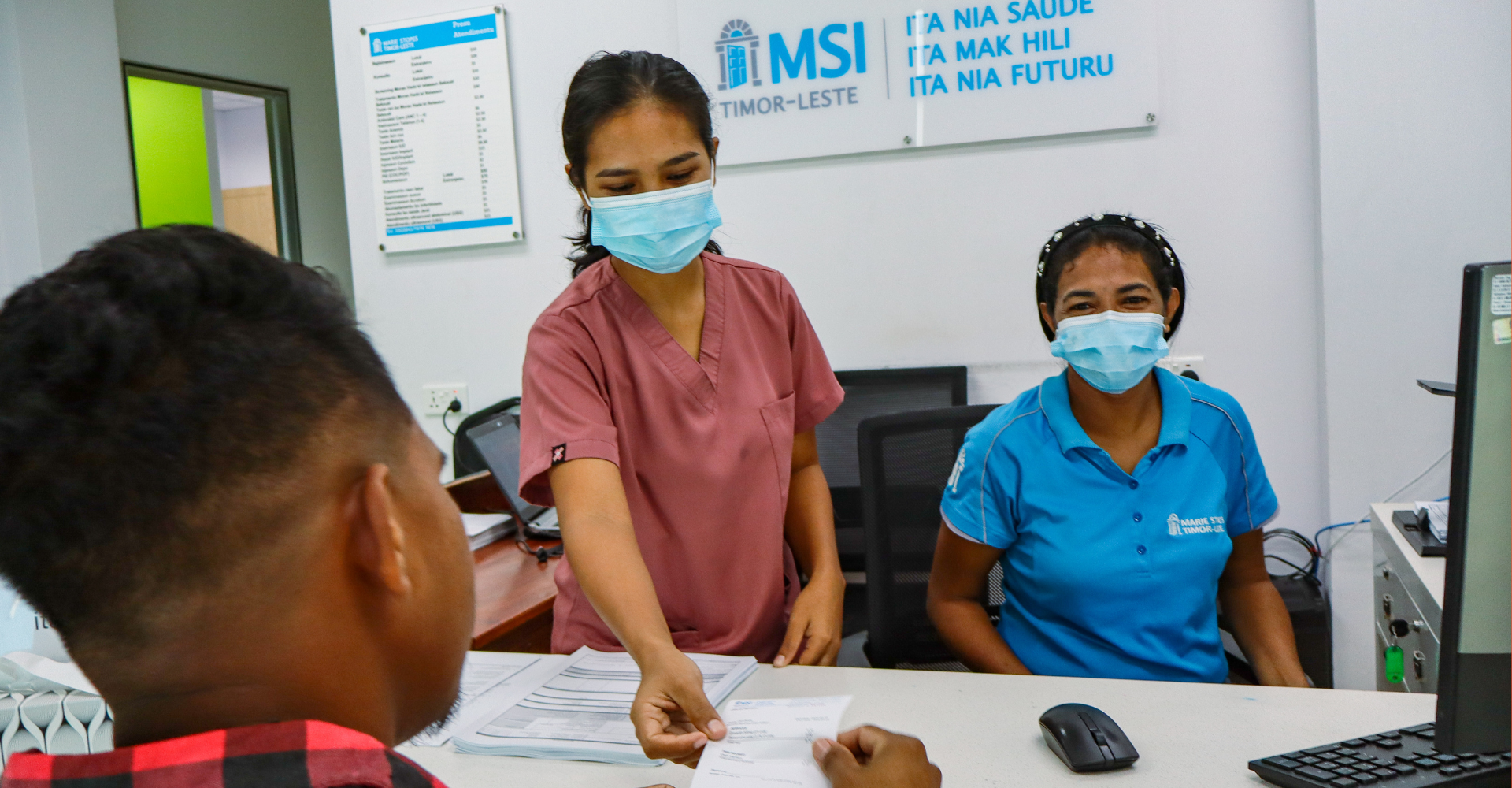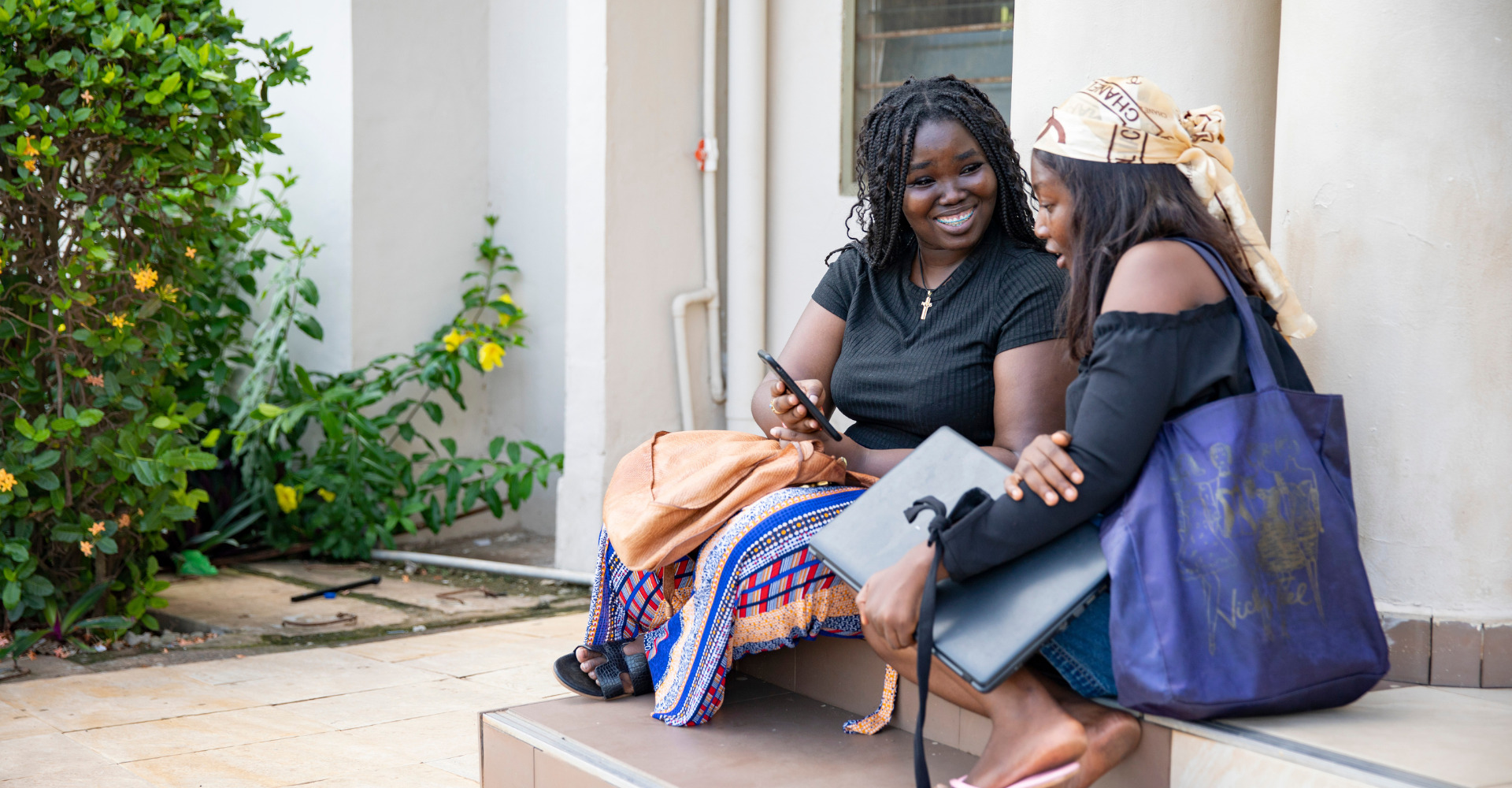Every year, on 11 October we celebrate International Day of the Girl Child. It's a day to honour the strength and potential of girls around the world and to recognise the challenges they face.
Girls are overcoming barriers everywhere, but many still struggle to access education, healthcare, and the right to make decisions about their own bodies.
These challenges are particularly tough in the Asia and Pacific regions, where poverty, cultural expectations, and climate change make life even harder for girls.
At MSI Asia Pacific, we believe that giving girls access to sexual and reproductive healthcare is essential to helping them overcome these challenges and build a better future.
Girls and global crises
When disaster strikes, girls are often the ones who suffer most. The Asia and Pacific regions are hit by frequent natural disasters like floods, typhoons, and droughts, which disrupt the lives of many.
These crises can force girls out of school, limit their access to healthcare, and put them at risk of violence or early marriage.
For example, in Pakistan, the 2022 floods destroyed homes, schools, and healthcare services. Without these services, girls face higher risks of unplanned pregnancies and unsafe abortions, which can be deadly.
But MSI’s local partners in Pakistan stepped in, providing vital care to women and girls. They delivered contraception, menstrual hygiene supplies, and antenatal care through mobile outreach teams, helping girls stay safe and in school.
Education and health: a powerful combination
Education is one of the most powerful tools we have to help girls build a better future. When girls stay in school, they’re more likely to get good jobs, become leaders, and make positive changes in their communities.
But without access to sexual and reproductive healthcare, many girls leave school due to early pregnancy.
In some parts of Asia and the Pacific, child marriage and early pregnancies are still common. In rural Nepal, for example, many girls are pressured to marry before they’ve even finished school. Without access to contraception, many of these girls become pregnant young, putting their health and education in danger.
When girls have access to reproductive healthcare, they can make choices about their bodies and futures. This helps them stay in school and avoid unplanned pregnancies.
Why sexual and reproductive healthcare matters
Ensuring that girls have access to sexual and reproductive healthcare is key to their futures.
In countries like Papua New Guinea and Timor-Leste, MSI provides services that are designed to meet the needs of young people, giving them access to contraception, safe abortion or post-abortion care, and accurate information about their bodies.
Globally, around 23 million girls want to avoid pregnancy but don’t have access to contraception. Without this care, their futures are at risk—they may have to leave school, face health complications, or experience unsafe pregnancies.
A call to action
This International Day of the Girl, MSI Asia Pacific is calling for a stronger commitment to girls’ rights—starting with ensuring they can access healthcare.
Governments, organisations, and communities must work together to ensure girls can get the services they need to live healthy, empowered lives.
"At MSI, we are proud to support girls across the Asia and Pacific regions. Every day, we see how access to reproductive healthcare can change a girl’s life. But there is still more to be done."
MSI Asia Pacific Executive Officer, Merewyn Foran
What you can do
On this important day, let’s remember that every girl deserves the chance to reach her full potential.
By providing girls with the healthcare they need and helping them stay in school, we can create lasting change for generations to come.
This work is made possible by the generous support of our donors and partners.
Consider supporting us to build a world where every girl has the opportunity to dream, lead, and succeed.




